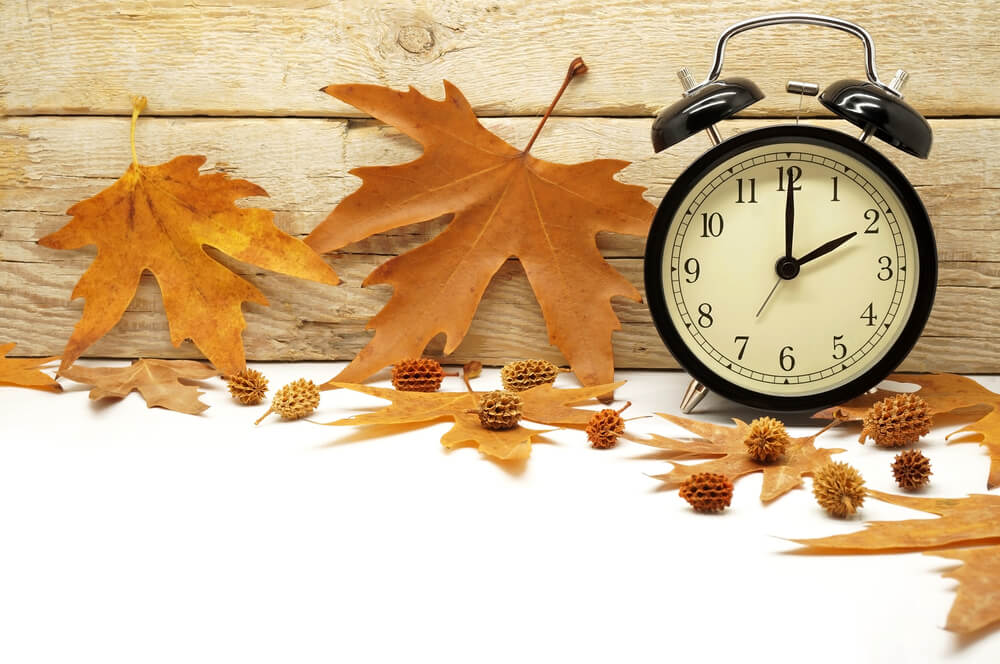Do you love dining after dark? Do you thrive during Daylight Savings Time or wish that you never got that “extra” hour of sleep? While few people complain about getting to sleep in a little extra one day a year, they often change their tune when they notice the sun setting closer to 5 PM than 8 PM. Daylight Savings Time can have a profound effect on your life and your mental health.
The History of Daylight Savings Time
Benjamin Franklin was the first to suggest putting clocks forward an hour in the spring and back an hour in the fall in a 1784 essay. While he was the pioneer of the idea, it was not seriously considered until William Willett created a pamphlet called “A Waste of Daylight” in Parliament. The United States finally adjusted to Daylight Savings Time in 1918 despite pushback. The federal government enforced the change until 1919 and then allowed state and local governments to choose whether or not to participate.
The Impact of Daylight Savings Time on Productivity
Whether or not Daylight Savings Time negatively impacts productivity is hotly debated. Some people struggle to adjust to the extra sleep or lack of sleep and end up feeling tired for weeks after the change. When we don’t get enough sleep, we are often more stressed and less able to handle the ups and downs of life. The American Journal of Cardiology reports that there is a spike in heart attacks in March due to the increase in stress. Another study in the Journal of Applied Psychology found that productivity decreases in the aftermath of the time change.
The Impact of Daylight Savings Time on Mood
Daylight Savings Time can also have a serious effect on your mood and mental health. Due to a lack of sleep or changes in your circadian rhythm, you might feel more stressed than usual. Because winter also affects sunlight exposure, many people experience seasonal affective disorder and suffer mental health consequences. What are the signs of seasonal affective disorder?
• Feeling depressed
• No longer enjoying activities that you used to enjoy
• Low energy levels
• Feeling agitated and sluggish
• Having changes in your weight or appetite
• Experiencing trouble sleeping
• Feeling worthless or hopeless
Improve Your Mental Health With CBT Baltimore
If you are struggling with Daylight Savings Time or concerned that you are experiencing the symptoms of seasonal affective disorder, you are not alone.
If you are interested in seeking therapy in Baltimore, we’re here to help. Contact the CBT experts at CBT Baltimore at 443-470-9815. We would love to speak with you.

